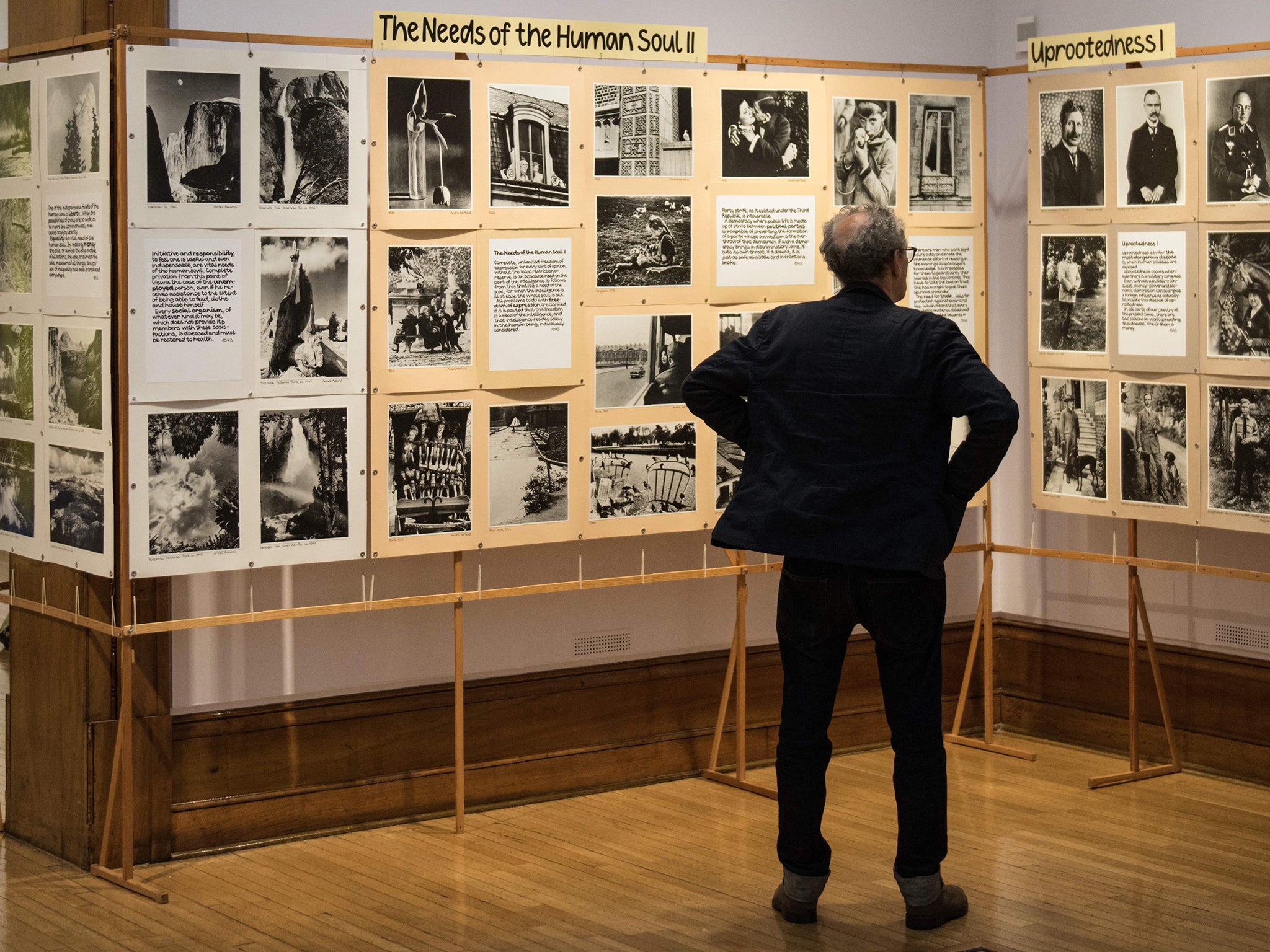After the surprising results of research into dementia this week, it's clear we need to assess our priorities
Those expensive gym memberships and spin classes aren’t doing much for your brain – instead, a concentration on cultural output, which so many young people miss out on these days, should be paramount


Do you (like me) test your memory every morning? Lie in bed fretting in the early hours, reconstructing events of the previous day (in exact order), trying to remember the name of the person you met in the bar two evenings ago?
I’m determined to live to 100, and my biggest fear is not of physical deterioration, but of diminished mental capacity. What’s the point of being 95 if I don’t know what planet I’m on?
Every breakfast, after the memory test, I pore over the newspapers – and my attention will inexorably be drawn to any news item featuring the dreaded D word. Dementia. This incurable condition has now become the biggest killer in Britain, overtaking heart disease for the first time.

In 2015, almost 70,000 UK citizens died from dementia-related conditions, and (at the current rate) 1.2 million of us will be living with it by 2040. Many sufferers are relatively happy and unaware of their decline, but the impact on their relatives and friends is always profound. It’s life-changing, and not just for the victim, which is why the government must double the money used to fund research for any new drug that could prevent dementia or slow its devastating progress.
Every woman I know has a close relative with the condition, and they too live in fear of being the next to be struck down. What to do? Memory tests have been shown to have limited use in keeping your brain agile – but they cost nothing and act as a flimsy palliative to stem relentless worry.
New research seems to show that people with rich cultural lives do better at delaying the onset of dementia. Researchers from University College London found that people who “got out and about” and had enough cash to go to events like concerts and exhibitions and interact with others were less likely to be struck down by the disease as they aged. On the other hand, the poorest people in society, stuck at home sitting in front of the television with little social enrichment, were 50 per cent more likely to end up suffering from it.
Interestingly, the richest members of society didn’t stack up more health benefits – and surprising new research from Oxford University shows that working out and taking plenty of exercise (gym memberships and all those spinning classes are a middle class pastime, after all) doesn’t prevent advancement of the disease. Your body might be in good shape, but your brain will still be shutting down. In fact, one professor said there was “some evidence that a lot of exercise might actually be slightly harmful to people with dementia”.
While we anxiously wait for scientists to come up with a cure, a vaccine or indeed anything to deal with this big black cloud at the back of our minds, what lifestyle changes can we put in place to delay its onset? If cultural activity has been shown to have a positive impact, it need not necessarily cost a fortune to feed new stuff into your head every day. Take a different route on a walk. Stop and walk into any art gallery and look at the pictures (free). Visit a library. Cook a new dish once a week. Most importantly, force change and the unexpected into your daily routine. The familiar is also the safe option; unchallenging.
Encouraging research from Erasmus University in the Netherlands seems to show that people who eat healthily have larger brains. I come from a working class background, one in which money was short, but we were rich in cultural input. My mother and her best friend belonged to a civil service opera and ballet club – and my first memories of visiting a theatre were of sitting on a giant cushion watching a matinee at Sadler’s Wells. We went on the bus and took sandwiches.
My mum was also pals with the barmaid at Covent Garden and wangled us cheap tickets for the opera. I went to classical concerts for children, funded by the Peter Mayer Foundation. I’m sure these visits started a lifelong curiosity about so many things, which I carefully nurture.
Theresa May and her government are cultural Scrooges – it took a Labour government to ban museum charges – and the Tories have never had the foresight to understand that cultural enrichment produces healthier, happier and more productive citizens. Schools have had their funding cut so that trips to galleries and museums have been slashed.
It’s too late to help the older generation who are set in their ways, but in order to combat dementia in the future, cultural input should be a mandatory part of the curriculum. At the moment, we’re producing fearful people unwilling to step outside their comfort zones. They speak fewer languages, never listen to anything new, communicate via keyboards and don’t relish face-to-face conversations; it makes no sense. The brain needs to be exercised and stimulated – so what are we frightened of?
Join our commenting forum
Join thought-provoking conversations, follow other Independent readers and see their replies
Comments
Bookmark popover
Removed from bookmarks